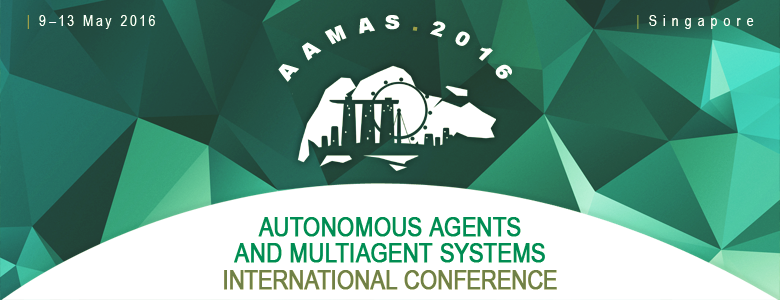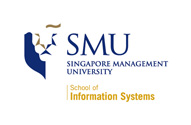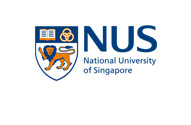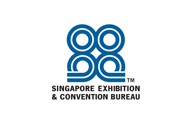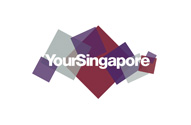Policies
IFAAMAS POLICY ON HARASSMENT
IFAAMAS is committed to organising the AAMAS conference and its affiliated events in an environment that is free of harassment for everyone involved: elegates, organisers, conference workers, and reviewers.
Some examples of harassment are:
- inappropriate comments related to gender, gender identity and expression, sexual orientation, disability, physical appearance, race, or religion;
- the use of inappropriate imagery in the conference environment (e.g., the use of sexual imagery in talks or in posters);
- intimidation, stalking, following, nwelcome physical contact, and unwelcome sexual attention;
- the use of overtly aggressive or intimidating behaviour or language.
All participants in IFAAMAS events are asked to embrace our intention to foster a harassment-free scientific community, and to understand that IFAAMAS will respond appropriately to incidents of harassment if they occur.
IF YOU ARE THE VICTIM OF HARASSMENT
If you believe you are the victim of harassment at IFAAMAS or one of its affiliated events, or notice that someone else is being harassed, or have any other elated concerns, then please immediately contact either:
- one of the conference chairs;
- an IFAAMAS official; or
- a member of the local organising committee.
IFAAMAS is committed to act appropriately and fairly to deal with incidents of harassment, and above all, to ensure your personal safety and well-being.
POLICY ON MULTIPLE AND PREVIOUS SUBMISSIONS
Authors may not submit any paper to AAMAS 2016 that has already appeared in an archival forum. Authors must ensure that no submission to AAMAS 2016 is under review for another archival forum between the AAMAS 2015 submission and decision dates.




